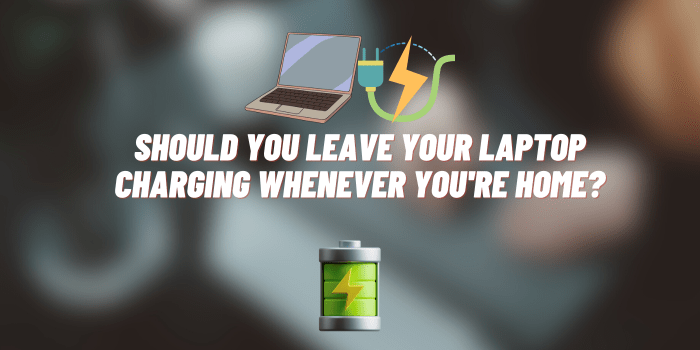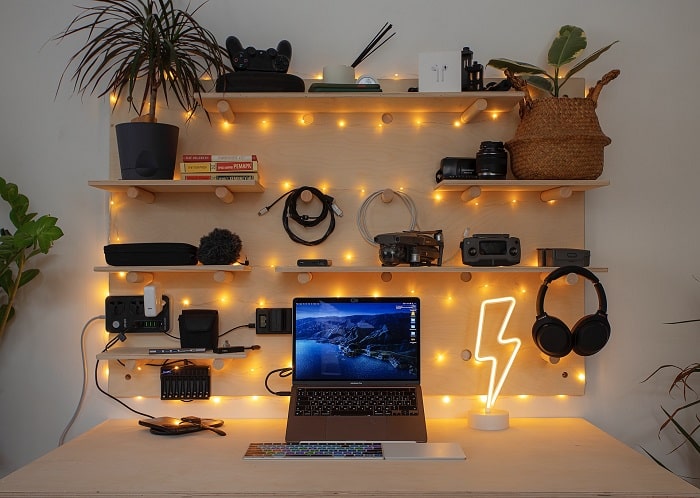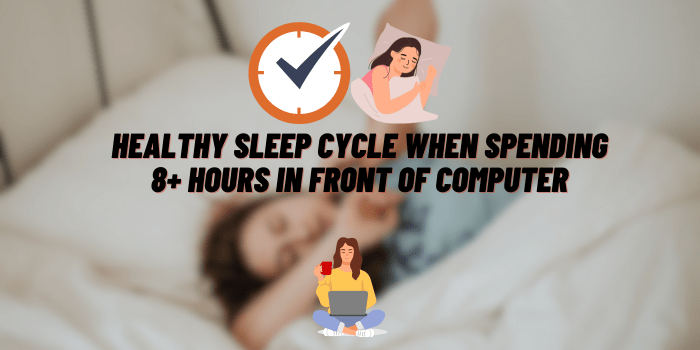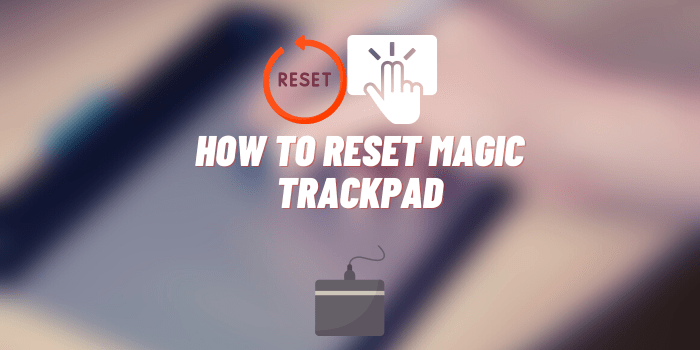Should You Leave Your Laptop Charging Whenever You’re Home?
The age of technology has propelled us into an era where our lives are intertwined with our gadgets. Among these devices, the laptop holds a special place in our hearts and on our work desks. With its portability and functionality, it serves us for both personal and professional tasks. A common question that often arises among laptop users is whether or not they should leave their laptop plugged in and charging whenever they’re at home. This article aims to explore this topic in detail, weighing the pros and cons to help you make a decision.
The Convenience Factor

The obvious benefit of leaving your laptop plugged in is convenience. You never have to worry about your battery running out in the middle of an important task. Everything from watching a movie to compiling a report can be done without pausing to charge.
Battery Longevity
Battery longevity is a crucial concern for those considering leaving their laptops plugged in. The battery’s lifespan is affected by various factors, including the charging cycle, temperature, and overall usage pattern.
- Charging Cycles: Lithium-ion batteries, commonly found in laptops, have a finite number of charging cycles. A cycle is defined as a full charge and discharge of the battery. Continuously charging the battery, even when it is full, may reduce these cycles over time, leading to a shorter overall lifespan.
- Battery Protection Technology: Many modern laptops include technology that prevents the battery from overcharging. When the battery reaches full charge, the laptop switches to AC power, bypassing the battery. This mitigates the effect on the battery’s life. However, it’s essential to recognize that not all laptops have this feature, and even those that do may vary in effectiveness.
- Heat Generation: Charging a battery generates heat. Leaving a laptop plugged in for extended periods may lead to higher temperatures, particularly if ventilation is poor. Over time, this can degrade the battery’s health and reduce its ability to hold a charge.
- Calibration: Regularly using the battery through a full charge and discharge cycle helps maintain its calibration, ensuring accurate reading of its capacity. Keeping the laptop constantly plugged in may cause miscalibration, leading to unexpected shutdowns or erroneous battery percentage displays.
Energy Consumption

Energy consumption is a broader concern that goes beyond individual needs and affects societal and environmental factors.
- Energy Efficiency: Laptops vary in energy efficiency. Newer models with Energy Star certification typically consume less power. Leaving a more energy-efficient laptop plugged in might have a lesser impact on your electricity bill and the environment.
- Standby Power Consumption: Even when not in use, a plugged-in laptop consumes energy, known as ‘phantom’ or ‘standby’ power. This contributes to overall energy waste, which can add up if multiple devices are left plugged in.
- Environmental Impact: The cumulative effect of leaving electronic devices plugged in contributes to increased energy demand. This can lead to more greenhouse gas emissions, depending on the energy sources used in your region. By unplugging devices when not in use, individuals can help reduce their carbon footprint.
- Economic Considerations: The additional energy consumption from leaving a laptop plugged in continually might seem negligible. However, over time, this can result in a noticeable increase in your energy bill. Unplugging devices or using a smart power strip that cuts off power when not needed can lead to savings.
Safety Concerns
One argument against leaving your laptop plugged in is related to safety. Faulty chargers or unstable electrical sources could potentially cause damage to the laptop or even create a fire hazard. However, these cases are relatively rare, especially if you’re using the charger provided by the manufacturer.
Further Protection

While discussing the safety and well-being of your laptop, it’s also essential to mention the protection offered by renters insurance. Renters insurance will cover you if your laptop gets stolen, providing a safety net that many may overlook. This kind of insurance is a smart investment for anyone renting their living space and relying on valuable electronic devices for work or leisure.
Conclusion
The question of whether or not to leave your laptop charging whenever you’re home doesn’t have a one-size-fits-all answer. It depends on factors such as the make and model of your laptop, your usage patterns, and your concern for energy conservation.
If your laptop has battery protection technology and you often use it for extended periods, leaving it plugged in might be a reasonable choice. However, if conserving energy and maintaining the battery’s long-term health is a priority, it may be wise to unplug it when it’s fully charged.
In any case, understanding the potential risks and rewards will enable you to make an informed decision. Always refer to your laptop’s user manual and consult with the manufacturer if you have specific concerns about charging practices, as they may vary greatly between different models and brands.






